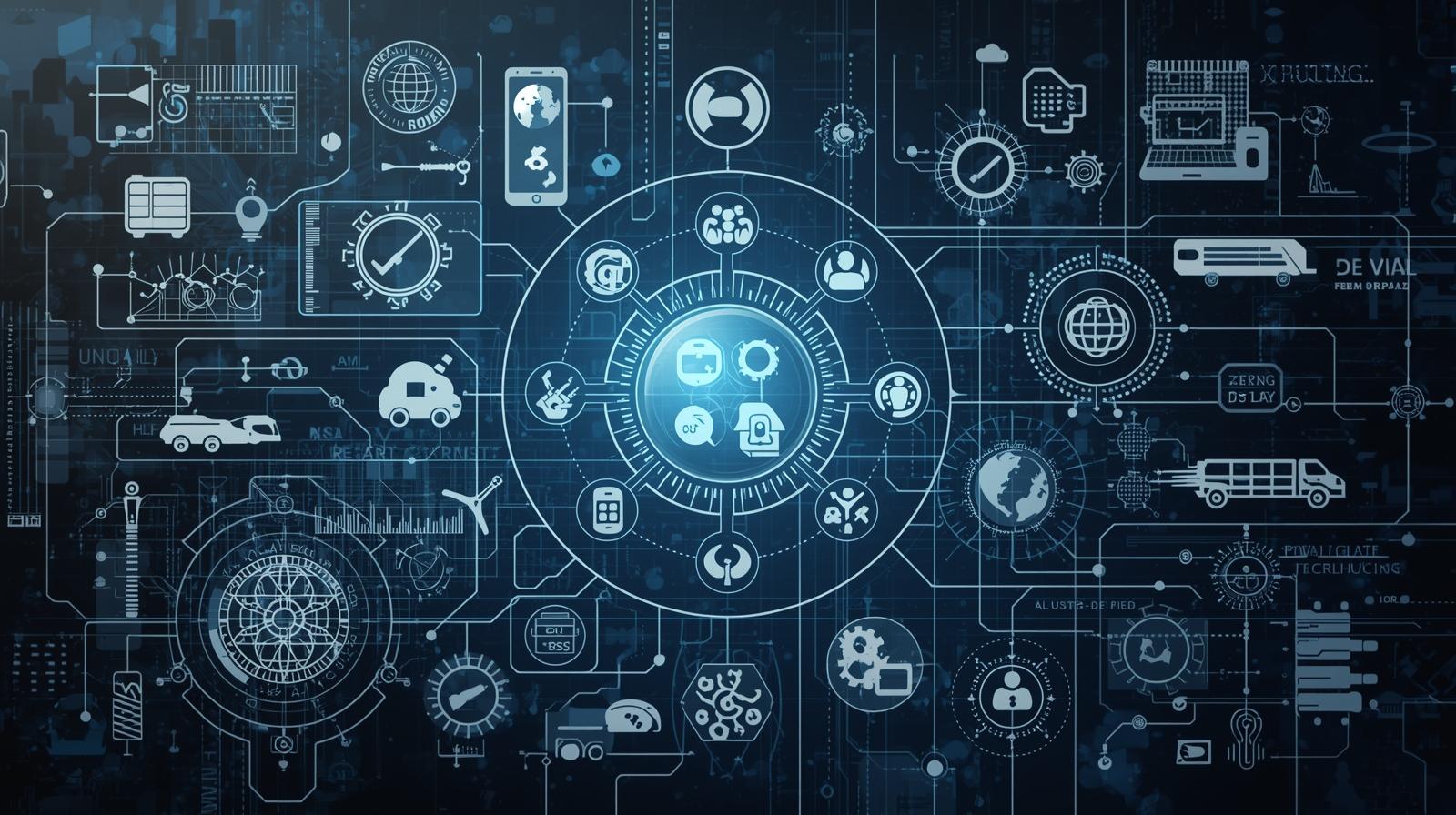Every day, science and technology profoundly influence the way we live, work, and interact. From the moment we wake up to when we go to bed, these innovations are seamlessly integrated into our daily routines, enhancing convenience, productivity, and overall quality of life. For residents of the United States, where technological advancement is rapid and pervasive, understanding this intersection of science, technology, and daily life offers insight into the ongoing transformation of modern society.
The integration of technology into daily life begins with the simple act of waking up. Smart alarm clocks and connected home devices allow users to customize their morning routines, adjusting lighting, temperature, and even playing favorite music—all controlled through smartphones or voice assistants powered by artificial intelligence. These technologies not only provide comfort but also promote healthier and more efficient starts to the day.
In the realm of communication, technology has revolutionized how people stay connected. Smartphones, high-speed internet, and social media platforms enable instant interaction with friends, family, and colleagues regardless of distance. Video conferencing tools, which have become essential in the post-pandemic world, support remote work and virtual learning, reshaping traditional concepts of office and classroom environments.
Science and technology also play a critical role in how we manage health and wellness daily. Wearable devices monitor vital signs such as heart rate, sleep patterns, and physical activity, providing real-time data that empowers individuals to make informed lifestyle choices. Telemedicine, facilitated by advances in communication technology, allows patients to consult healthcare providers remotely, improving access to medical care, especially in underserved areas of the United States.

Transportation, a fundamental aspect of daily life, is being transformed by scientific innovation. Electric vehicles, GPS navigation systems, and ride-sharing apps have changed how Americans commute and travel. The development of smart traffic management systems uses data analytics and sensors to reduce congestion and improve safety, contributing to smoother and more sustainable urban mobility.
Technology’s influence extends to household management as well. Smart appliances, including refrigerators, washing machines, and thermostats, optimize energy use and enhance convenience. These devices can be programmed or controlled remotely, enabling homeowners to save time and reduce utility costs while promoting environmental sustainability.
In education, digital platforms and online resources supplement traditional learning methods. Access to vast repositories of knowledge, interactive tools, and virtual labs allow students across the country to engage with material in new and dynamic ways. Technology bridges geographical gaps and creates opportunities for lifelong learning, supporting both personal and professional development.
Entertainment, an essential part of daily life, has been revolutionized by digital technology. Streaming services, virtual reality experiences, and interactive gaming provide diverse options for relaxation and social interaction. These platforms harness data science to personalize content recommendations, enhancing user satisfaction.

Furthermore, the role of science and technology in daily life is intertwined with security. Advanced encryption, biometric authentication, and cybersecurity measures protect personal data and online transactions, fostering trust in digital interactions. This is increasingly important as more aspects of daily life move online.
As science and technology continue to evolve, their impact on daily life will only deepen. Innovations such as the Internet of Things (IoT), artificial intelligence, and 5G connectivity promise to create even smarter homes, workplaces, and communities. For Americans, embracing these changes means not only adapting to new tools but also harnessing them to improve wellbeing, productivity, and sustainability.
In conclusion, science and technology are integral to shaping the daily experiences of individuals across the United States. They enhance convenience, foster connectivity, and promote healthier, safer, and more efficient lifestyles. Recognizing this profound influence helps us appreciate the value of ongoing innovation and encourages a future where technology continues to enrich everyday life in meaningful ways.



